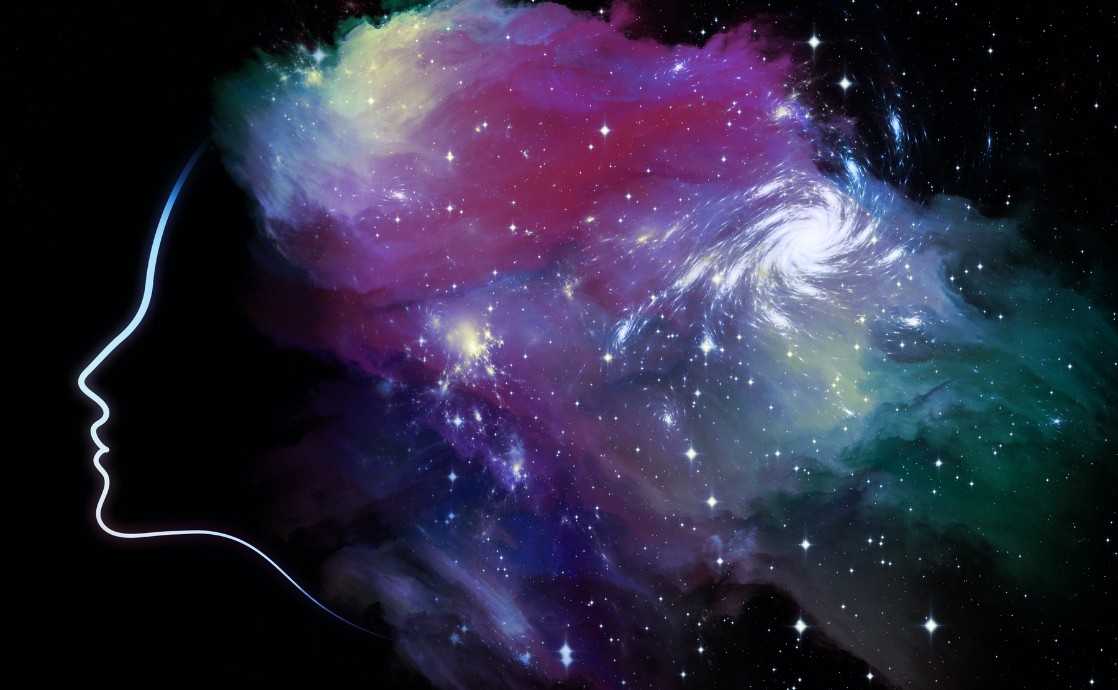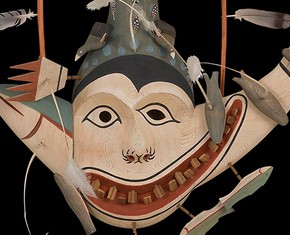The views expressed in our content reflect individual perspectives and do not represent the authoritative views of the Baha'i Faith.
We have two major destinations in life: this world and the next. This world was our destination when we were conceived in the womb. The womb world was very different from this one, but here we are now.
For many people, the “next world” after this one is at least a hopeful premise, perhaps based on the scientific observation that energy moves from form to form and does not end. The concept of a next world also comes through faith in spiritual teachings. Regardless of how they regard the concept, surveys show that about 80 per cent of people believe that a next world exists.
RELATED: Making Science and Art Universally Accessible
Both this world and the next hold an ideal associated with some form of high value. In this world, we struggle to attain that ideal by striving to improve our lives and the lives of others. Because of that struggle, this world requires action. In the next world, however, we tend to think of the ideal in the form of simply existing in heaven, in nirvana, or in some form of salvation.
The prayer by Jesus Christ says, “Thy Kingdom come, Thy will be done on earth as it is in heaven.” This prayer unites our two destinations with the promise of a great transformation. Many have hoped that the entire planet will one day attain that promised transformation by establishing a permanent peace with true justice. Some call it Heaven. Some call it Paradise. Some call it a return to the Garden of Eden.
In 1844, The Bab, the first Baha’i messenger and prophet, ushered in a new era in human life. One phrase he used for this inauguration was, “The advent of divine justice.” The Bab heralded the coming of Baha’u’llah, the prophet and founder of the Baha’i Faith. Baha’i’s believe that Baha’u’llah’s appearance and revelation brought a revolutionary change to humanity, one that will eventually bring peace where there is war, cooperation where there is competition, justice where there is injustice, and belonging where there is otherness. In his Most Holy Book, Baha’u’llah revealed:
The world’s equilibrium hath been upset through the vibrating influence of this most great, this new World Order. Mankind’s ordered life hath been revolutionized through the agency of this unique, this wondrous System — the like of which mortal eyes have never witnessed.
Because we live so very close to the inception of such a new era in human history, we might think of ourselves as positioned at the tip of the spear.
We are now witnessing the beginnings of a great rupture between the past — the era of prophecy when the promises of heaven on Earth were made to humanity in the time of its group childhood — and the present, which is undergoing the inception of the era of fulfillment, the beginning of humanity’s maturity.
That explains why “the world’s equilibrium” is now so “upset,” as Baha’u’llah said.
Every aspect of life, as we have known, it is being challenged and transformed. The Baha’i teachings point out that we are feeling the pangs of humanity’s shared adolescence slowly transforming into a collective adulthood. Perhaps this is why we see such division across the planet right now.
Some are trying to retrench, desperately holding on to the old order, attempting to stay in the “childish ways” spoken of in the Bible. Others are open to the adventure of thinking and acting in a new way.
Without a doubt, though, unprecedented change, fraught with great upheavals, is occurring and will increasingly occur. Our world is radically transforming itself before our very eyes. Baha’u’llah’s revelation recommends numerous ways we can make the transition from old to new. With these new tools, Baha’is believe humanity will eventually create the spiritual climate in which divine justice will be established, grow, and then bloom.
RELATED: Art Is an Act of Spirituality
Baha’is not only think and believe this — Baha’is around the globe work every day to help bring it to fruition.
This is one of the most salient features of Baha’u’llah’s revelation — giving humanity the agency and the tools to make this profound change. From his principal teachings, like, the independent search for truth, related to abolishing the old paternal structure of the clergy and the priesthoods in all religions, to the equality of women and men, to defining our present reality in which “The earth is but one country and mankind it’s citizens,” Baha’u’llah places “all the peoples of the earth” front and center. In the “Wondrous System,” Baha’u’llah established that human agency and creativity are integral to the divine process.
This transformation, the Baha’i teachings promise, will not simply be a top-down process. It is we who will work to plant, nourish, and harvest the new garden. Let’s gaze at one of the ways it will grow, through the beauty and transformative power of art, in the next and final essay in this series.
















Comments
Sign in or create an account
Continue with Googleor